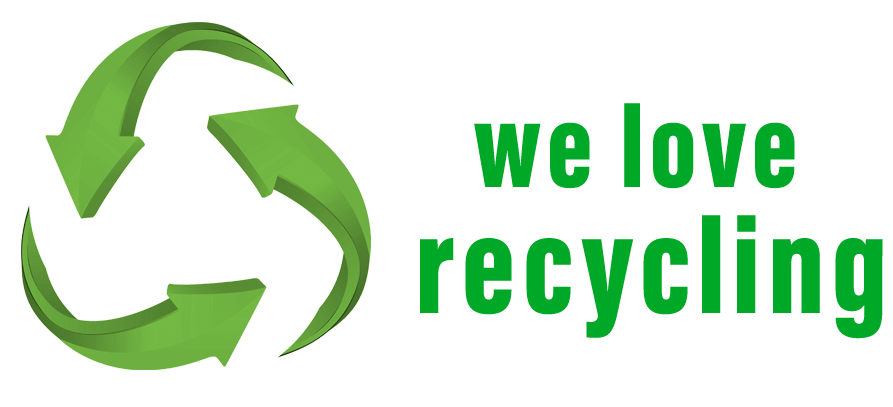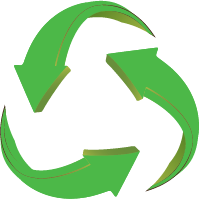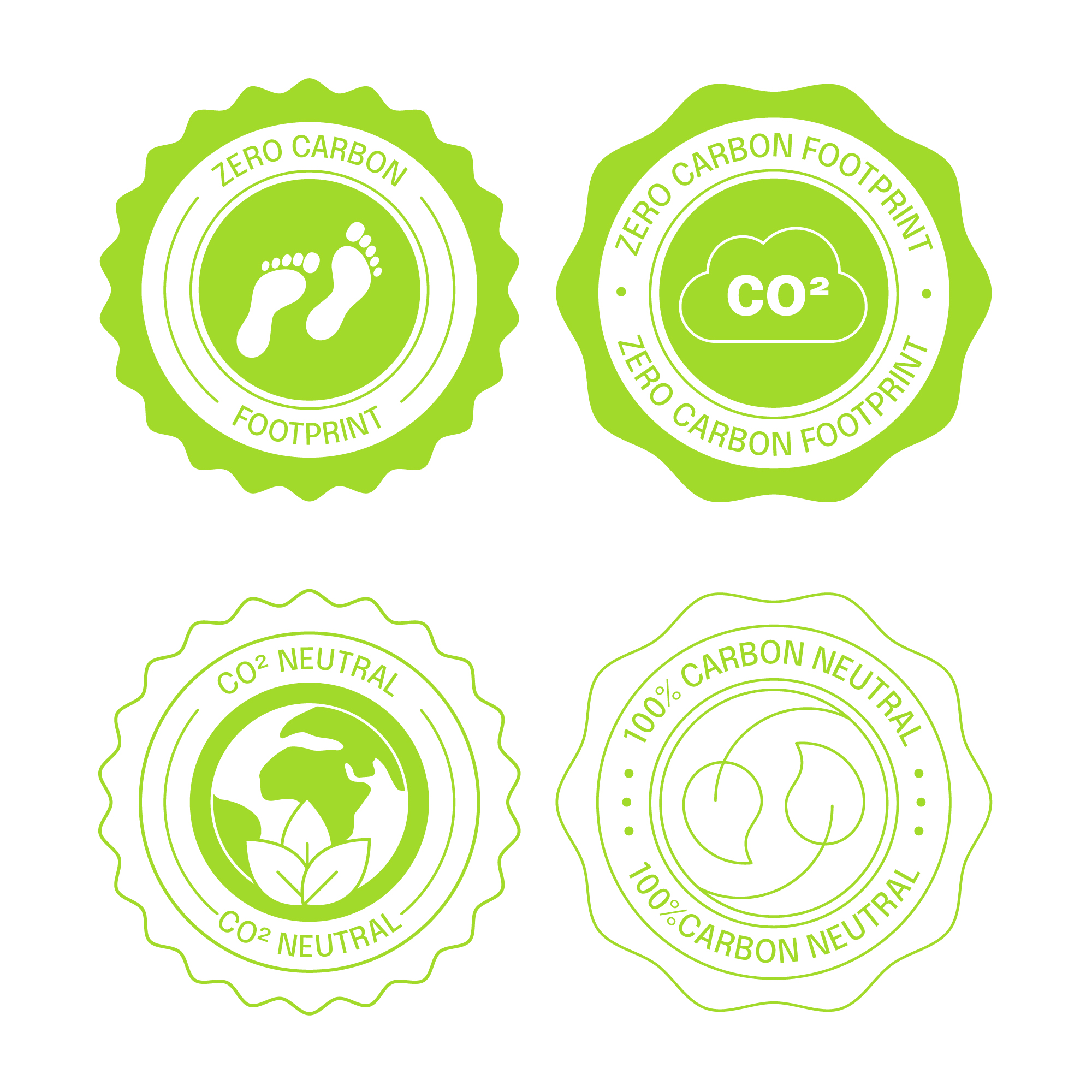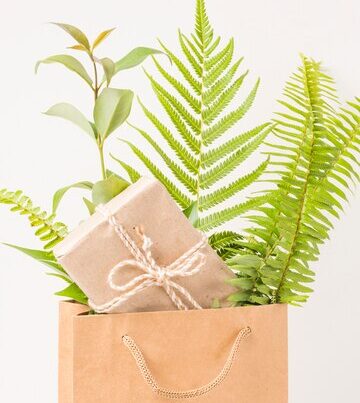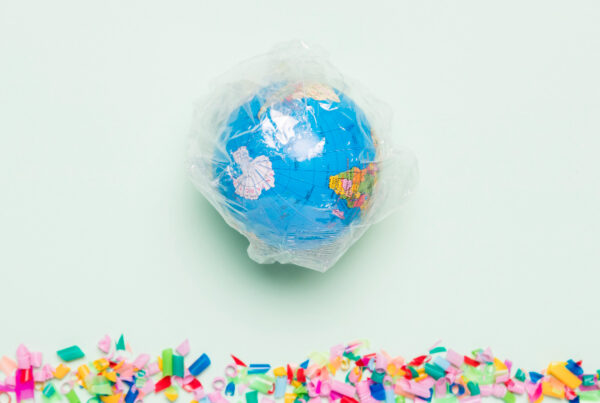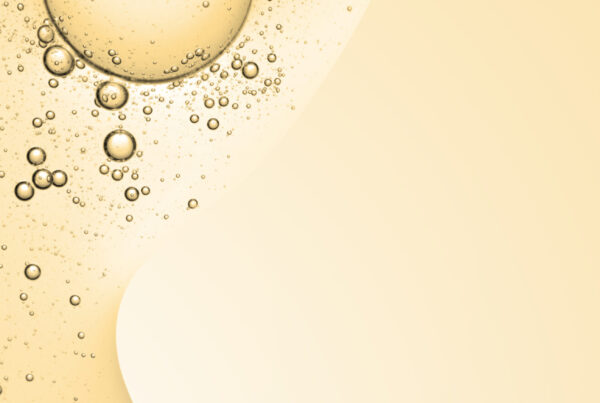Beyond Plastic: Exploring Sustainable Alternatives for a Greener Future
In a world grappling with the environmental repercussions of plastic consumption, the quest for sustainable alternatives has become more imperative than ever. Plastic, with its persistent presence in landfills and oceans, has prompted a global call for innovative solutions. As we navigate the intricate landscape of waste management and ecological preservation, exploring and adopting plastic alternatives emerges as a crucial step toward a more sustainable future.
The Plastic Predicament
Plastic, once hailed for its versatility and convenience, has proven to be a double-edged sword. Its durability is a curse for the environment, as discarded plastic items can take centuries to decompose. The alarming rise in plastic pollution has spurred an urgent need for alternatives that are not only functional but also eco-friendly.
Biodegradable Materials
One promising avenue for plastic alternatives lies in biodegradable materials. Derived from natural sources such as plants, these materials break down more easily, reducing the environmental impact. Polylactic acid (PLA), derived from corn starch, is a prime example. It mimics the properties of traditional plastics but decomposes into harmless compounds, leaving behind minimal residue.
Compostable Plastics
Compostable plastics take the concept of biodegradability a step further. Composed of organic matter like cornstarch, sugarcane, or potato starch, these plastics break down into nutrient-rich compost under the right conditions. They offer a sustainable option for single-use items like food packaging and cutlery, aligning with the principles of a circular economy.
Mushroom Packaging
Nature-inspired innovations are gaining traction, and mushroom packaging is a prime example. Mycelium, the root structure of fungi, can be cultivated to create a strong and lightweight material. Mushroom packaging is not only biodegradable but also versatile, offering a sustainable alternative for packaging applications.
Edible Packaging
Imagine packaging that not only protects your food but is also edible. Edible packaging made from materials like seaweed, starch, or beeswax is a revolutionary solution. This not only eliminates packaging waste but also adds a layer of innovation to the culinary experience. It’s a win-win for both consumers and the environment.
Recycled Plastics
While not a complete departure from traditional plastics, recycled plastics play a crucial role in mitigating environmental harm. By repurposing existing plastic waste into new products, the demand for virgin plastic production decreases. The key is creating a closed-loop system that promotes recycling and reduces the reliance on raw materials.
Challenges and Considerations
While the search for plastic alternatives is promising, it’s not without challenges. Factors such as cost, scalability, and consumer acceptance play pivotal roles in determining the success of these alternatives. Businesses and consumers alike need to embrace a mindset shift and prioritize sustainability over convenience.
The Role of Innovation
Innovation is the driving force behind the development and adoption of plastic alternatives. Research and development in materials science, bioengineering, and sustainable design are crucial for creating viable alternatives that can seamlessly replace traditional plastics. Governments, industries, and individuals all play roles in fostering an environment conducive to innovation in this critical area.
A Call to Action
As consumers, we hold the power to drive change through our choices. Supporting businesses that prioritize sustainable packaging, reducing single-use plastic consumption, and advocating for policies that encourage the adoption of alternatives are impactful ways to contribute.
In conclusion, the quest for plastic alternatives is an ongoing journey fueled by a collective commitment to environmental stewardship. From biodegradable and compostable plastics to innovative materials inspired by nature, the possibilities are expanding. Embracing these alternatives is not just a choice; it’s a responsibility—a responsibility to safeguard our planet for future generations. Together, let’s embark on a journey toward a plastic-free world, where sustainability is not an option but a way of life.
